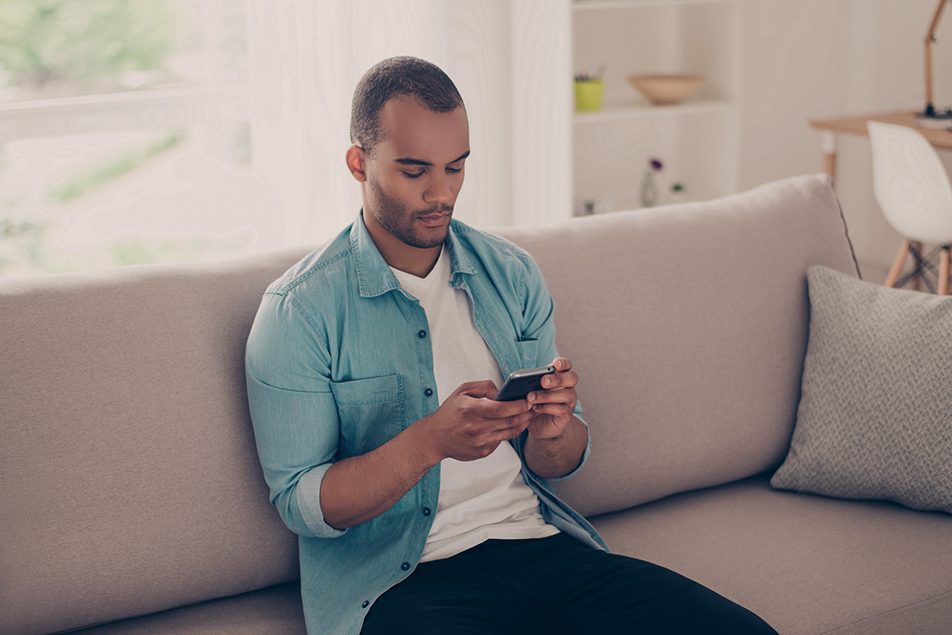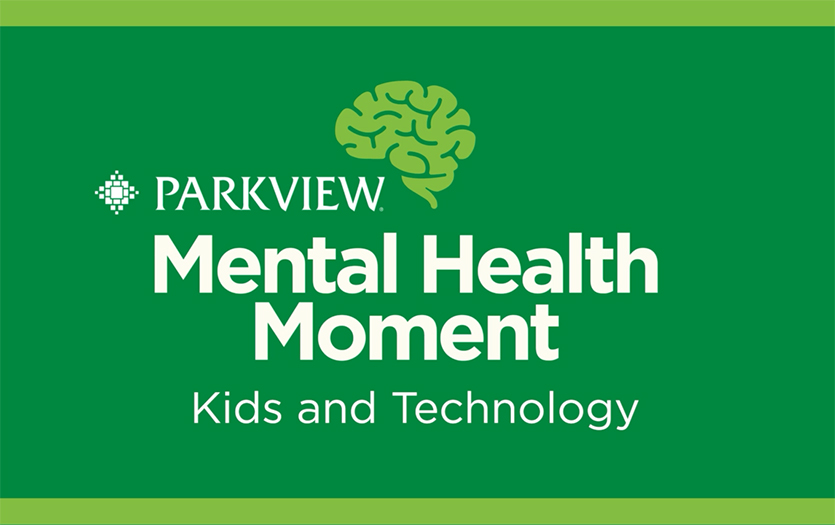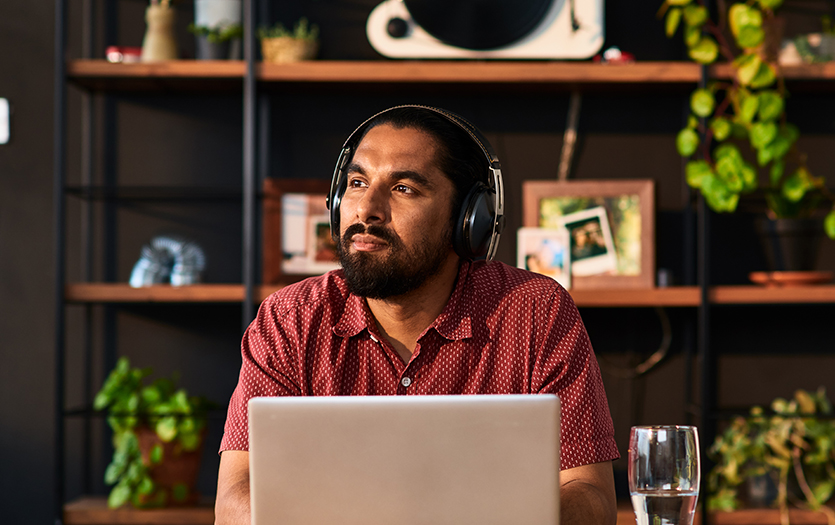
This post was written by Courtney Washington, PsyD, CSAYC, HSPP, clinical training director, Park Center, an affiliate of Parkview Behavioral Health Institute
It is important to stay informed, especially during this time when information is changing rapidly. This access and availability can be helpful and necessary for our day-to-day decision making. However, this level of constant connection and availability of media at our fingertips can also be exhausting and overwhelming. Furthermore, many of these media outlets can be addictive. At times, I find myself picking up my phone to complete a task and before I realize, I’m mindlessly scrolling social media. I think to myself, “How did this happen? This isn’t what I was trying to do.”
While mindless consumption of media may have a place in your life (after a long day this is sometimes all my brain can handle), too much consumption of media can be damaging and lead to higher levels of anxiety, stress or depression. Although challenging, it is important to work to be thoughtful and intentional about how, when and what media we are consuming, in attempts to mitigate these negative effects as much as possible.
Switching to more mindful media consumption
While the appropriate boundaries look different for everyone, here are some things to keep in mind when addressing media consumption:
- Remember to take breaks. If this is hard for you, try and schedule them. This could be around meal times when you are sitting with family (screen-free dinners), during afternoon walks or reading a book before bed. I like to work on setting boundaries around my media use. For example, I listen to NPR on my drive into work as I enjoy it and I get my morning update. But even this can be too much at times, so I choose to listen to pop music on the way home. This helps me distress, be silly and decompress from my busy day. Remember, this is just one example and it is about finding strategies that work for you. We don’t need to be rigid, critical or judgmental about these boundaries, so I try and think of them more as guidelines to strive for. If I don’t succeed one day, that’s OK. These boundaries are also crucial for children. It’s important to model responsible use and consumption of media to encourage their critical thinking as well.
- Make efforts to be thoughtful about what media outlets you are consuming. Some outlets are more effective at providing accurate information than others. There is a fair amount of misinformation out there, so when seeking specific guidance or directions related to COVID-19 make sure you are fact checking and consuming media from credible sources. Sites like the Centers for Disease Control and Prevention (CDC) and local government or hospital pages are reliable sources.
- It’s important to get different perspectives. Whether it be through traditional media or social media sites, our lives have become somewhat of an echo chamber. This is to say, people surround themselves with like-minded company. We follow people and watch television that supports our worldview. This only serves to confirm our perspective and doesn’t offer much in the way of greater understanding or empathy. Therefore, to be truly informed, we have to expand this view and consume information from perspectives different than our own.
- Be mindful of your time. The main function of many media platforms is to get you to spend as much time as possible on them. In order to do this, they design their headlines to be provocative. This is click bait, designed to force you to have an emotional response. Similarly, with the 24-hour media cycle, news stations thrive on sensationalizing headlines as means of grabbing people’s attention. In general, I try and remind myself; the more emotionally provoked I feel by a headline or article title, the more critically I need to examine the content being shared. I don’t tell people this to encourage distrust, but rather to encourage critical consumption of information. We live in a world where anyone one can share, post or comment content rooted entirely in opinion. While people’s opinions are valid, we have to remember they are not facts. If I base my emotional state, well-being or decision making on this opinion, I may end up severely misled.
- Remember social media posts, for the most part, are not the full picture. More often than not, people post or share the best versions of themselves. So if you are going to scroll and spend your time this way, it’s okay, but please don’t compare yourself to others, as you are only witnessing a single version or perspective of their life. Think of it as their highlight reel. I bet the best moments, filtered photos and vacations from your life are pretty exciting as well!
During these difficult times, the most important thing is to foster compassion for yourself and others. We need to strive to be patient and kind. If these tips work and are helpful for you, that’s great. If not, that’s okay too. You are the expert on yourself. Listen to what you need, and don’t be afraid to seek out people and activities that are soothing to you.




